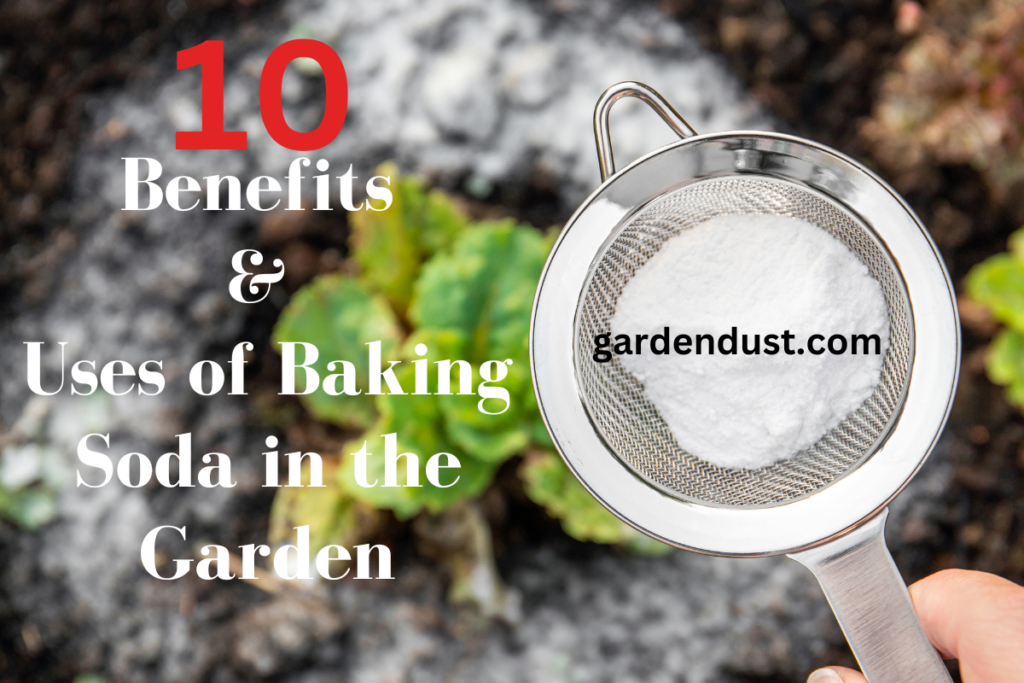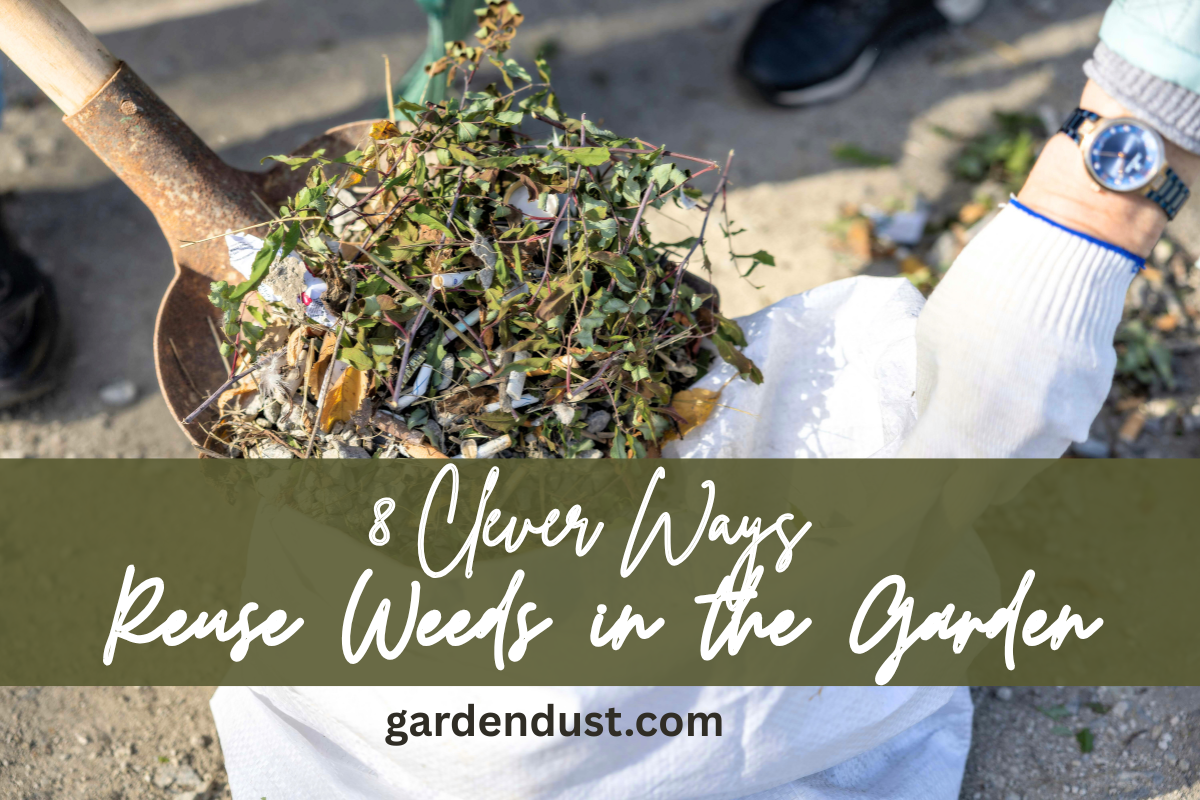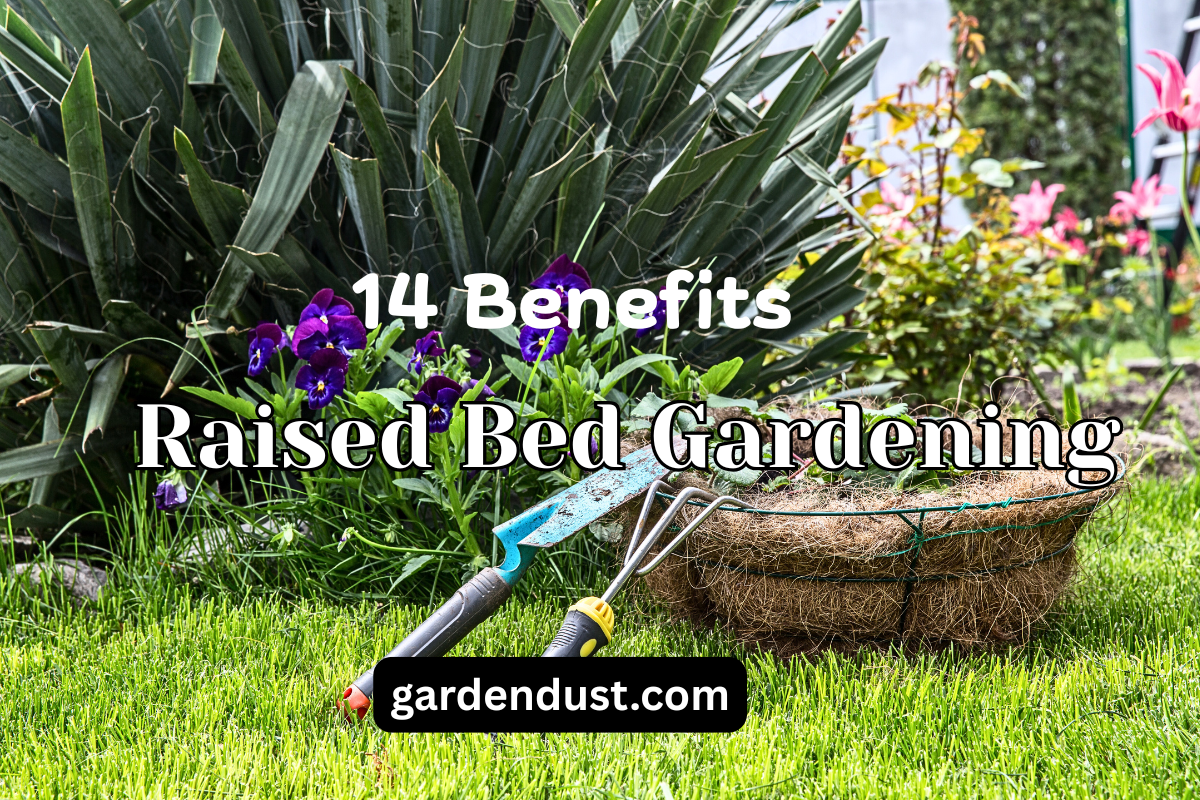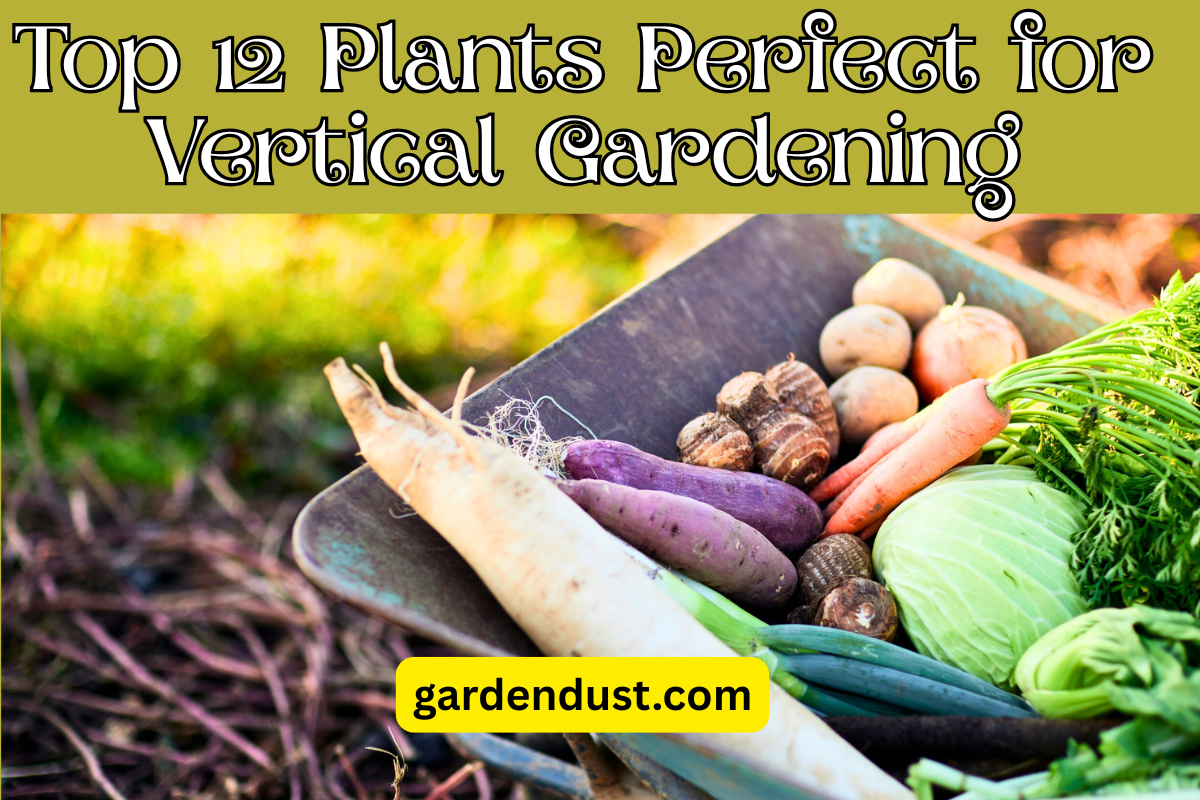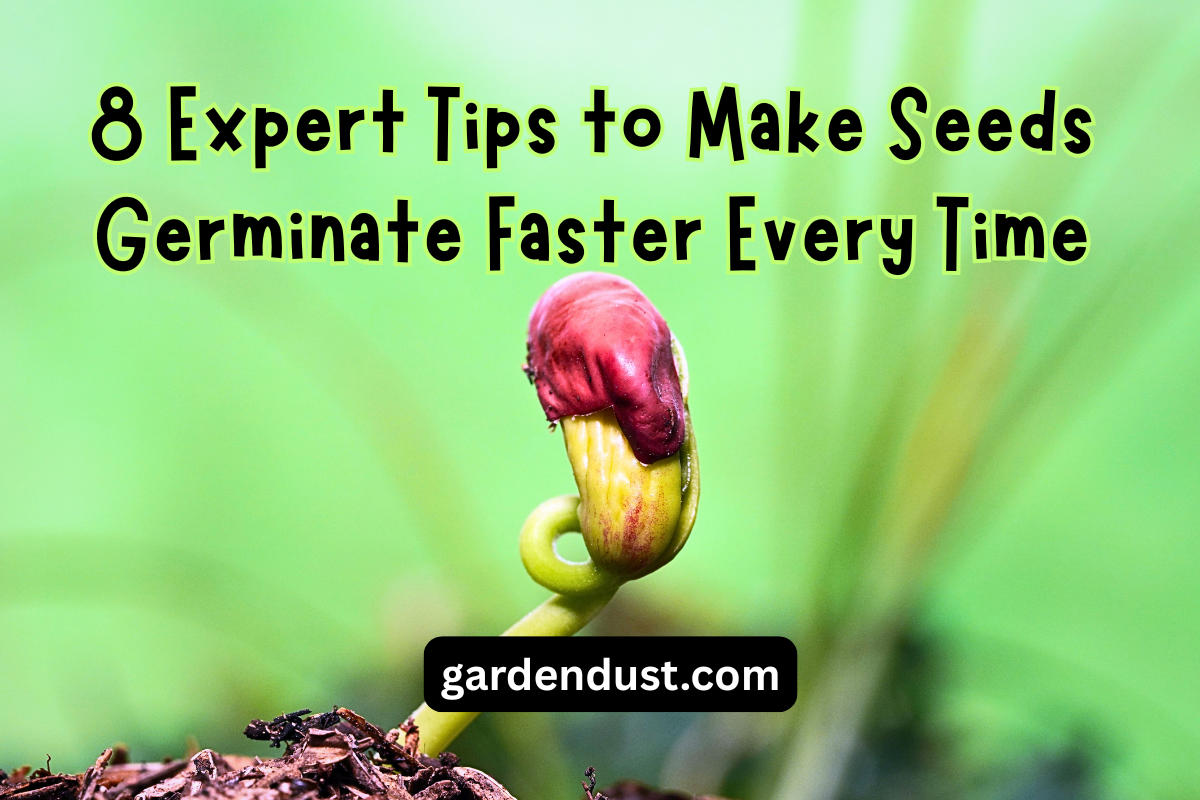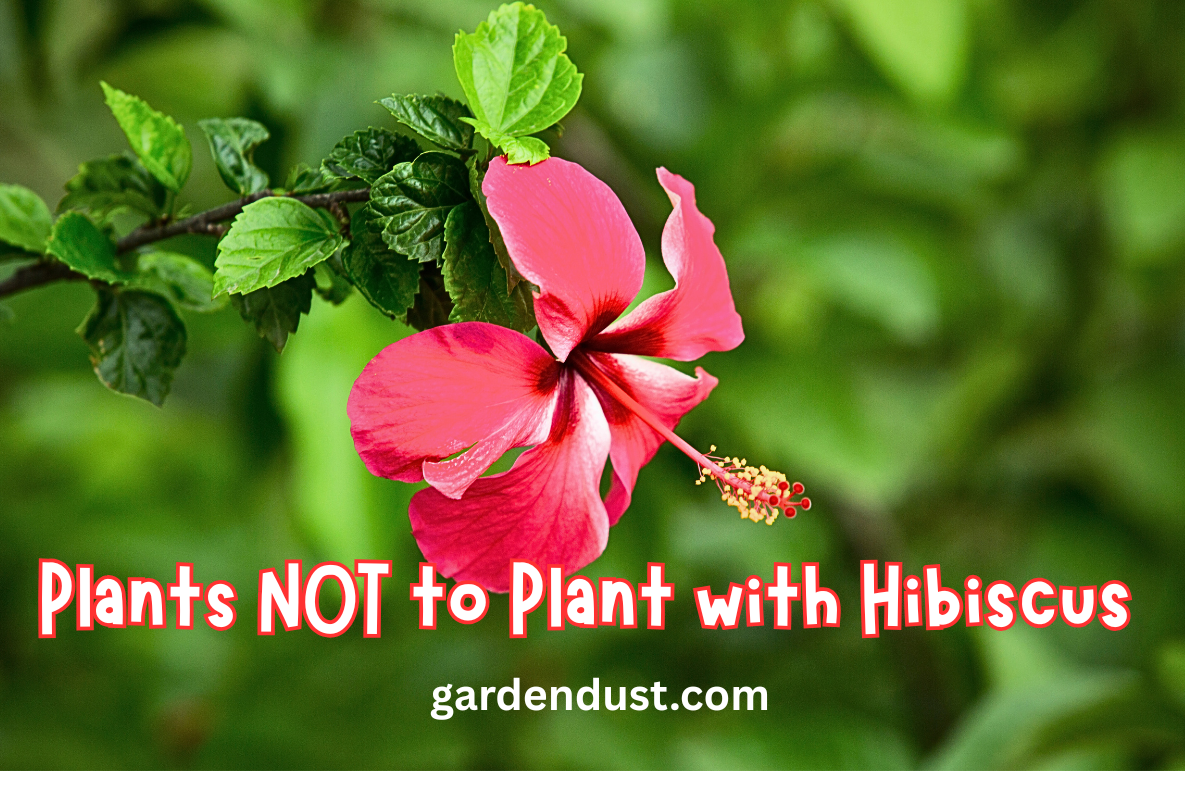Baking soda, or sodium bicarbonate (NaHCO₃), is a common household ingredient with numerous applications beyond baking and cleaning. One of its lesser-known yet highly effective uses is in the garden. Gardeners have been using baking soda for decades as a natural remedy for various issues, ranging from pest control to soil enhancement. Its affordability, ease of use, and environmental friendliness make it an ideal alternative to chemical-based gardening solutions. This article explores the diverse ways in which baking soda can be used to maintain a healthy and thriving garden.
1. Baking Soda as a Natural Fungicide
Fungal diseases such as powdery mildew, black spot, and blight can wreak havoc on plants. Baking soda is an effective remedy for fungal infections due to its alkaline properties, which create an inhospitable environment for fungal spores.
How to Use Baking Soda as a Fungicide?
Mix 1 tablespoon of baking soda, 1 gallon of water, and a few drops of liquid soap (such as dish soap or insecticidal soap) to help the solution adhere to plant surfaces.
Spray the mixture on affected leaves early in the morning or late in the evening to avoid sunburn. Repeat weekly for best results.
Note: – Overuse can alter soil pH, so apply sparingly and monitor plant health.
2. Baking Soda for Pest Control
Baking soda is a natural insect repellent and pesticide, helping to keep harmful pests at bay without the need for toxic chemicals.
How to Use Baking Soda Against Pests?
- Aphid and Whitefly Control: Dusting baking soda on the leaves or spraying a diluted solution can deter aphids and whiteflies.
- Slug and Snail Deterrent: Sprinkle baking soda around the base of plants to create a barrier that slugs and snails avoid.
- Ant Repellent: Mixing equal parts of baking soda and powdered sugar can be used as an ant bait. The sugar attracts the ants, while the baking soda disrupts their digestive system.
3. Improving Soil pH with Baking Soda
Baking soda can help adjust soil pH levels, making the soil less acidic. Many plants, such as vegetables and flowers, thrive in slightly alkaline to neutral soil conditions.
How to Test and Adjust Soil pH?
- Testing: Mix a handful of soil with a cup of water and add a teaspoon of baking soda. If the mixture fizzes, the soil is too acidic.
- Adjustment: To raise soil pH, lightly sprinkle baking soda on the soil surface and water it in. Repeat cautiously, as excessive use may harm beneficial microorganisms.
4. Enhancing Plant Health and Growth
Baking soda contributes to plant vigor by strengthening resistance against diseases and improving overall growth.
Where to apply?
- Tomatoes: A mild baking soda spray can prevent blossom end rot and fungal diseases in tomato plants.
- Cucumbers and Peppers: Applying a diluted baking soda solution encourages better yield and healthier foliage.
- Flowering Plants: Roses and other flowers benefit from periodic baking soda sprays to deter diseases and pests.
READ ALSO:-10 Uses Of Eggshells In Your Garden
5. Weed Control Using Baking Soda
Weeds can compete with plants for nutrients and water. Baking soda can be used as a natural weed killer, particularly in pathways and cracks.
How to Use?
Sprinkle baking soda directly onto weeds growing between pavers or in driveways.
For larger areas, dissolve baking soda in water and apply it to weed-infested zones.
Avoid excessive application near desired plants, as baking soda can also inhibit their growth.
6. Deodorizing Compost Piles
Compost piles can develop unpleasant odors due to decomposition. Baking soda helps neutralize foul smells without harming beneficial microorganisms.
How to Use?
Sprinkle a small amount of baking soda over compost piles to minimize odors.
Avoid excessive application, as too much alkalinity can slow down the decomposition process.
7. Cleaning Garden Tools and Pots
Maintaining clean gardening tools and pots is crucial for preventing the spread of plant diseases. Baking soda acts as a natural cleanser, removing dirt, grime, and bacteria.
How to Clean?
Mix baking soda with water to form a paste and scrub tools, pots, and seed trays.
Rinse thoroughly with water and dry before storage.
This method helps prevent the transfer of fungal spores and pathogens from infected plants.
8. Eliminating Garden Odors
Gardens can sometimes develop unpleasant odors due to organic matter decomposition, pet waste, or stagnant water. Baking soda effectively absorbs and neutralizes odors.
How to Use?
Sprinkle baking soda around odor-prone areas, such as compost bins, pet waste spots, or garden pathways.
For fish ponds and fountains, use sparingly to avoid affecting aquatic life.
9. Keeping Cut Flowers Fresh Longer
Freshly cut flowers tend to wilt quickly, but baking soda can extend their lifespan by maintaining water freshness.
How to Use?
Add a teaspoon of baking soda to a vase filled with water before placing cut flowers.
Change the water and refresh the baking soda every few days for prolonged freshness.
10. Preventing Mold and Mildew in Greenhouses
Greenhouses can be breeding grounds for mold and mildew due to high humidity levels. Baking soda effectively reduces these issues.
How to apply?
Dissolve baking soda in water and spray greenhouse surfaces, including walls, floors, and plant trays.
Use a dry dusting method in corners prone to mold growth.
Precautions When Using Baking Soda in the Garden
While baking soda has numerous benefits, excessive use can lead to potential issues. Here are some important precautions:
- Avoid Overuse: Applying too much baking soda can alter soil pH and damage plants.
- Test Before Application: Conduct a small patch test before widespread application to ensure plant compatibility.
- Use in Moderation: Frequent application may lead to salt buildup in the soil, negatively impacting plant health.
- Avoid Direct Contact with Roots: Always dilute baking soda solutions before applying near plant roots to prevent root damage.
Baking soda is an invaluable tool for gardeners seeking natural, eco-friendly solutions to common gardening problems. Its antifungal, pest-repelling, and soil-enhancing properties make it an essential addition to any garden care routine. By using baking soda wisely and in moderation, gardeners can maintain a thriving, healthy garden without relying on harsh chemicals. Whether it’s controlling fungal diseases, deterring pests, or improving soil conditions, baking soda proves to be an effective and budget-friendly gardening aid. Happy Gardening…

